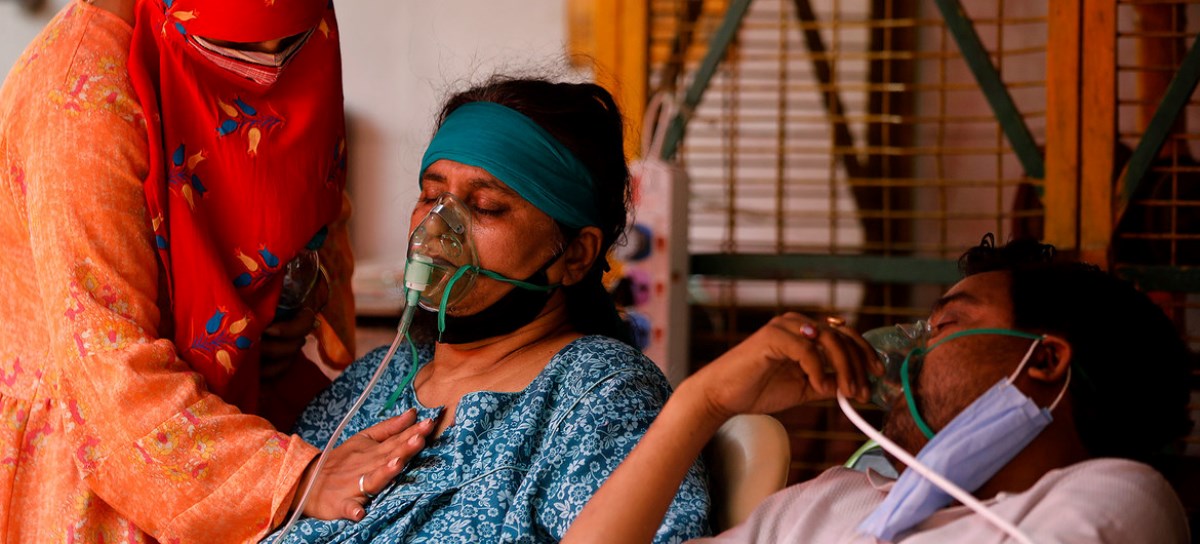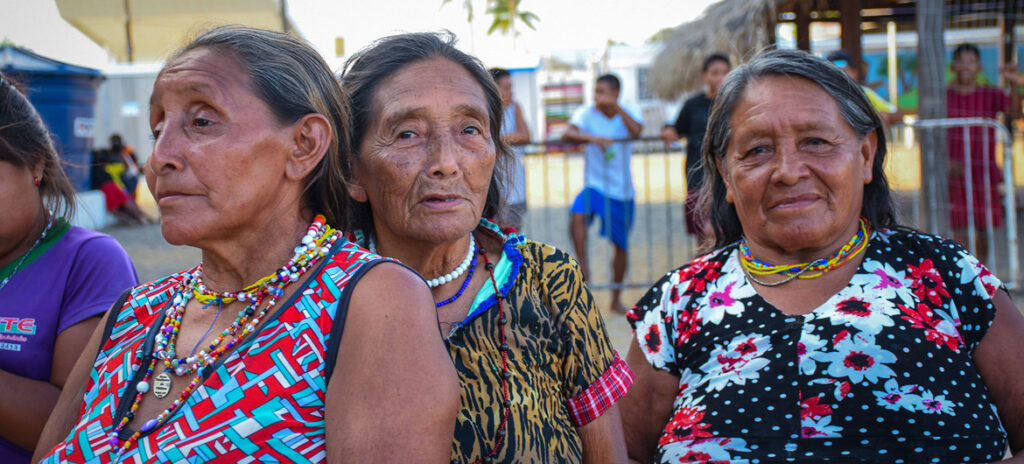The COVID-19 pandemic has brought “a tsunami of suffering”, taken over 3.4 million lives and 500 million jobs, while wiping trillions of dollars from global balance sheets, Secretary-General António Guterres told business leaders on Thursday, appealing for equitable vaccine distribution worldwide
 KRC TIMES Desk
KRC TIMES Desk


“This is indeed much more than a health crisis. It’s a social crisis and an economic crisis, with dramatic long-term consequences for livelihoods, businesses, and for economies”, he said to a virtual roundtable event – part of the UN’s global campaign, #OnlyTogether – hosted jointly with the IKEA Foundation and Purpose – the social mobilisation organization which partners with the Department of Global Communications leading the UN Verified initiative, to combat misinformation.
The UN chief recognized the many lives that have been saved: “To have you leading this meeting is a guarantee of success because what our partnership has always represented is indeed the very symbol of the values we represent”.
Vaccine equity to prevent ‘further havoc’
Having delivered safe and effective vaccines in record time, science has shone a light for some parts of the world.
However, despite the World Health Organization’s (WHO) authorization for 13 vaccines and the “incredible success” of rollouts in more than 170 countries, Mr. Guterres bemoaned “a large and growing vaccine gap between rich and poor countries”.
“Just ten countries have administered more than 75 percent of all vaccine doses. In poorer countries, even health workers and people with underlying conditions cannot access them”, he said, adding, “this is not only unjust, it’s self-defeating and dangerous – to everyone”.
Fast, equitable vaccination is the only way “to prevent new and more dangerous variants from emerging and wreaking further havoc”, in rich and poor countries alike, said Mr. Guterres.
Global vaccination plan
He said a global vaccination plan was needed, beginning with a G20 Task Force comprised of countries with vaccine production and manufacturing capacities, the WHO and Access to COVID-19 Tools (ACT) partners, as well as international financial institutions.
“I am ready to mobilize the entire United Nations System to support this effort, but we need the political will to move forward”, he said.
To this end, Mr. Guterres highlighted that the private sector could leverage its influence and expertise, use its communication channels to share accurate information, and donate its service and resources, to encourage innovation.
While this sector has been “central to every breakthrough” throughout the pandemic, he reminded that it achieved this by collaborating with countries, communities and the public sectors.
“By working together, we can vaccinate the world, end the pandemic, and kick-start a strong recovery”, the Secretary-General concluded.
Surge in South Asia threatens COVAX initiative
In a further development, WHO, GAVI the vaccine alliance and the Coalition for Epidemic Preparedness Innovations (CEPI) issued a joint statement warning against “patchy achievements made so far”.
While cases of COVID-19 are declining in some countries, South Asia is suffering a traumatic surge. And because vaccine access is important to stem the tide, “we must focus on ensuring countries who have not benefitted from these life-saving tools do so now, and with urgency”, the statement said.
Although COVAX, the global mechanism for equitable access to COVID-19 vaccines, has proven itself time and again, the harrowing surge in India has severely impacted its supply to the point that by the end of June it will face a 190-million-dose shortfall.
Up against ‘catastrophic’ consequences
Although more vaccine doses will be available later this year, the statement said, “if we do not address the current, urgent shortfall the consequences could be catastrophic”.
At the World Health Assembly last Friday, governments recognized the political and financial urgency of supporting COVAX with doses and dollars.
“It is now imperative…to secure full funding for COVAX and more vaccines – right now – for lower income countries at the Advance Market Commitment Summit on 2 June”, read the statement.

Women from Venezuela’s indigenous Warao refugee community attend a COVID-19 educational session in Brazil.
Ambitious solutions
For COVAX to deliver on the promise of global equitable access, the partners called for the immediate funding of the Gavi COVAX Advance Market Commitment (AMC), the mechanism that allows COVAX to provide doses to lower income economies; sharing of doses; and freeing up of supply chains by removing trade barriers, export control measures, and other restrictive barriers.
“Now more than ever, at the peak of the pandemic, we need ambitious, global solutions. When it comes to worldwide vaccine distribution, COVAX is the only initiative capable of rising to the challenge of this moment”, the statement spelled out.
While understandable that some countries wish to inoculate all their citizens, by donating vaccines to COVAX alongside domestic vaccination programmes, at-risk populations globally can be protected, which is “instrumental to ending the acute phase of the pandemic, curbing the rise and threat of variants, and accelerating a return to normality”.
Since COVAX was established in mid-2020, it has had the support and resources of 192 of the world’s economies, enabling it to deliver an unprecedented global rollout.
“It’s time to finish the job”, the statement concluded.


